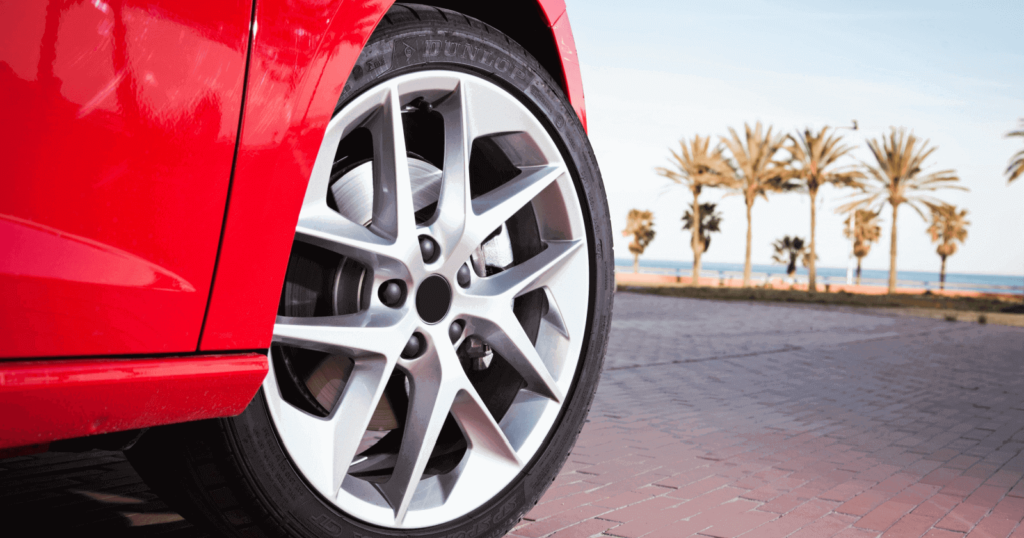
Choosing the perfect alloy wheels for your car can significantly enhance its performance, aesthetics, and overall driving experience. With numerous options available in the market, it’s essential to understand what factors to consider to make an informed decision. This comprehensive guide will help you navigate through the key aspects to consider when selecting the right alloy wheels for your vehicle.
Understanding Alloy Wheels
What Are Alloy Wheels?
Alloy wheels are made from a blend of aluminum and other metals, providing a lightweight yet sturdy alternative to traditional steel wheels. They offer several advantages, including improved performance, better fuel efficiency, and enhanced aesthetics.
Benefits of Alloy Wheels
- Enhanced Performance: Alloy wheels are lighter than steel wheels, which reduces the overall weight of the car. This reduction in weight can improve acceleration, braking, and handling, providing a better driving experience.
- Improved Fuel Efficiency: The lighter weight of alloy wheels helps in reducing the rotational mass, leading to better fuel efficiency. This can be particularly beneficial for long-distance driving.
- Aesthetics: Alloy wheels come in a variety of designs and finishes, allowing you to customize the look of your car. They can add a touch of elegance and style, making your vehicle stand out.
Factors to Consider When Choosing Alloy Wheels
- Size and Fitment: Selecting the right size is crucial. The diameter, width, and offset of the alloy wheel must match your car’s specifications. Installing incorrect sizes can affect the car’s handling and safety.
- Material and Finish: Alloy wheels are available in various materials and finishes, including polished, painted, and machined. Consider the climate and driving conditions you typically encounter. For instance, polished wheels look great but may require more maintenance in harsh weather conditions.
- Design and Style: Choose a design that complements your car’s appearance. From classic to sporty designs, alloy wheels come in numerous styles. It’s essential to pick one that aligns with your personal taste and your car’s overall look.
- Weight: While all alloy wheels are lighter than steel wheels, there are variations in weight among different alloy wheels. Lighter wheels can improve performance but may be more susceptible to damage. Consider a balance between weight and durability based on your driving habits.
- Durability: Ensure that the alloy wheels you choose are durable enough to withstand the driving conditions you encounter. High-quality wheels from reputable brands are generally more reliable and longer-lasting.
- Price: Alloy wheels come in a range of prices. Set a budget and look for wheels that offer the best value within that budget. Remember that higher-priced wheels often come with better quality and performance.
- Brand Reputation: Choose alloy wheels from reputable brands known for their quality and performance. Research customer reviews and ratings to ensure you’re making a wise investment.
Installation and Maintenance
Professional Installation: It’s crucial to have your alloy wheels installed by professionals to ensure proper fitment and balance. Incorrect installation can lead to vibrations, uneven tire wear, and potential safety issues.
Regular Maintenance: Alloy wheels require regular cleaning and maintenance to keep them looking good and functioning properly. Use appropriate cleaning products to avoid damaging the finish.
Conclusion
Selecting the perfect alloy wheels for your car involves careful consideration of various factors, including size, material, design, and budget. By understanding these aspects and conducting thorough research, you can make an informed decision that enhances your vehicle’s performance and aesthetics. Remember, investing in high-quality alloy wheels not only improves your car’s look but also contributes to a better driving experience.






